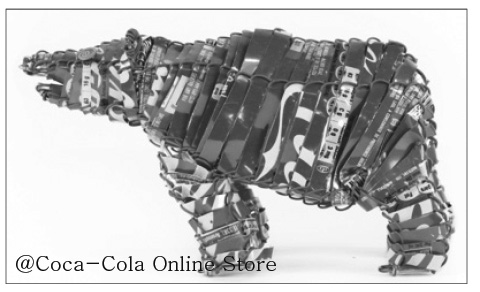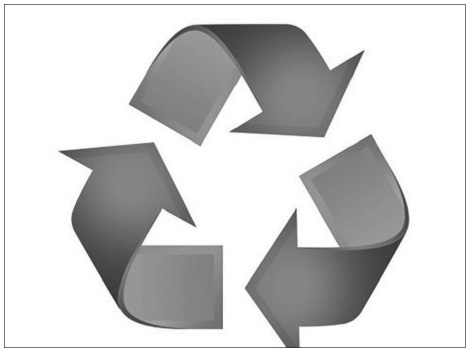
These days, many things are discarded on a daily basis. In 2015, EURPMAP surveyed 63 countries around the world on plastic usage. According to EURPMAP, South Korea’s annual plastic emissions were 61.97 kilograms per person. The public became aware of the seriousness of the plastic usage problem. Therefore, recycling was implemented to protect the environment at the national and personal levels. However, lots of resources are thrown away, while recycling is limited. This is the major limitation to recycling. Recycling also consumes a lot of energy during the process and generates carbon dioxide, which causes secondary pollution. Therefore, new ways of utilizing resources are being explored. Recently, upcycling has emerged as a new virtuous circle.
Upcycling is a new word that combines ‘Upgrade’ and ‘Recycling’. Upcycling makes completely different products by adding design or utilization beyond recycling. One thing to note is that resources are transformed into completely different forms. Instead of burning, burying, and processing to raw material, upcycling means transforming the appearance and usage. New products are given eco-friendly usage and value.
The most well-known upcycling brand in the world is FREITAG. FREITAG is a brand that manufactures bags using industrial waste such as tarpaulin in cargo trucks. Each bag costs more than 300,000 won. However, FREITAG bags are loved by consumers around the world. FREITAG is leading upcycling, while also drawing a successful response domestically.
The term ‘Necessariness of Environment’ recently appeared on the domestic scene. Necessariness of the Environment means that everyone must protect the environment beyond the eco-friendly aspect of environmental awareness. CBT met Yeom Woo, who is president of the Cheongju Upcycle Citizen Center (CUCC) to hear more about it. CUCC is leading the spread of civic upcycling culture and supports the environment industry and policy development.
First, CBT asked about the role of CUCC.
CUCC is a product complex facility for reproducing and sharing reinvented, recycled products. CUCC was established in November 2019, and the people of CUCC are working hard to promote the new civic upcycling culture, support industry, and develop policies for resource circulation. Using products several times is conducive to sustainable living. Products must be circulated, not abandoned.
Second, CBT asked how CBNU students could participate in upcycling.
University students can become an SNS promotion unit or upcycling leader who educates the public about upcycling. CUCC is also planning to create an upcycler training course where students may learn to become a professional upcycler, and pursue it as a career. This is an easy way to participate in volunteer work, and students can gather and establish social enterprises related to the environment.
Lastly, CBT asked what he wanted to tell students.
The world is currently facing the COVID-19 virus, which is the worst disaster of modern times, and people are beginning to recognize that there is a problem with our daily lives. People are taking the environment for granted and have been treating it carelessly for a long time. To prevent the earth from degenerating further, eco-friendly practices and national policies are needed. Protection of the environment is becoming more and more important, so we should put in the effort to take upcycling beyond recycling.
Recently, the CUCC is making various attempts to develop future upcycling industries. Also, at CUCC, there are various opportunities for anyone to learn about upcycling in a new and fun way. Visitors can look around various domestic upcycling works, from chandelier made of waste bottles, to sculptures made of discarded corrugated cardboard, and instruments made from discarded water pipes. CBT hopes that CBNU students may take an interest in upcycling beyond recycling. Moreover, CBT strongly recommends visiting the Cheongju Upcycle Citizen Center.
By Baek Han-na
backna@cbnu.ac.kr


 All
All Society & Global
Society & Global






 Baek Han-na
Baek Han-na











